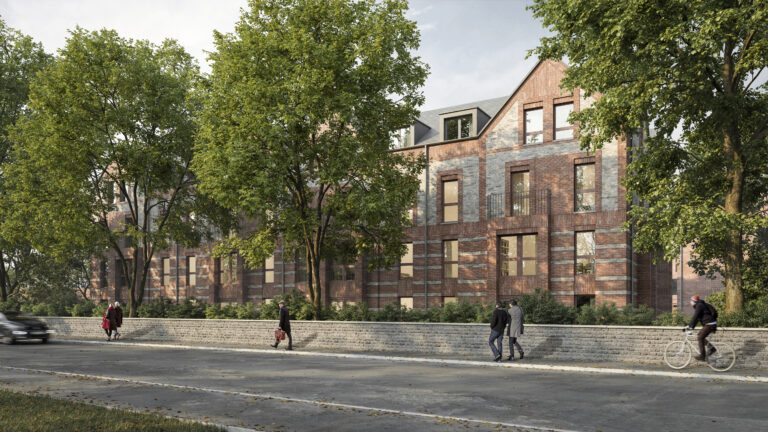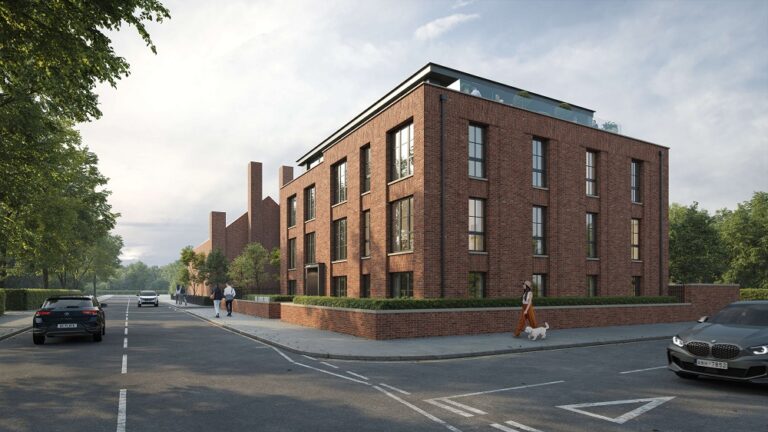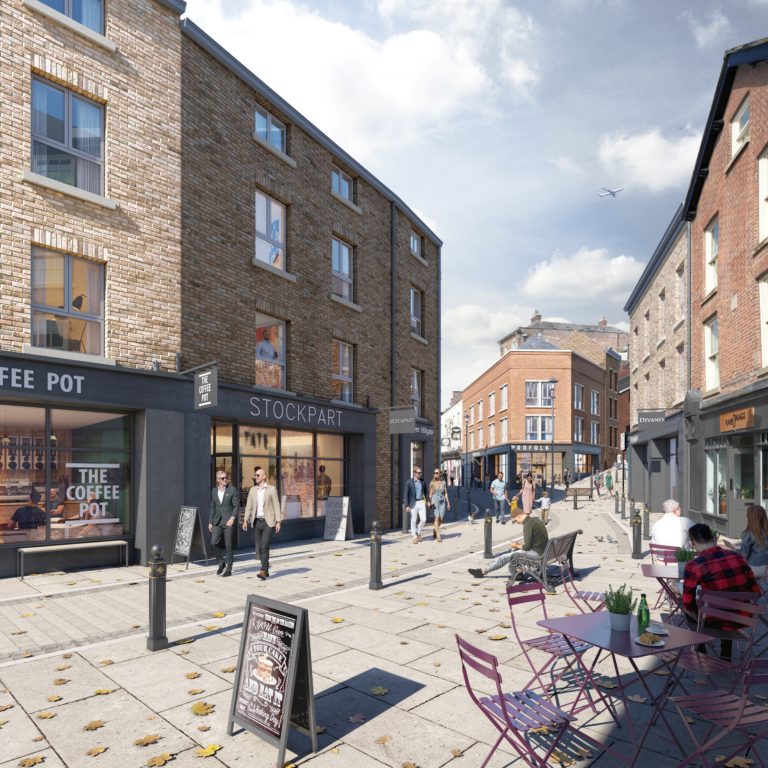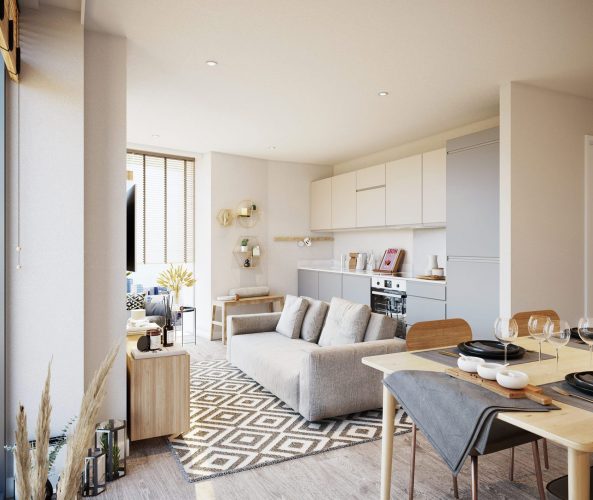Indisputably, the one thing Britain’s property market needs – and everyone can agree on – is more houses. The problem, however, lies in the approach to a solution.
The UK’s population grows by around 500,000 people each year, largely caused by positive net immigration and because people are living longer, in addition to that approximately 20% of all homes are now occupied by just one person.
The response, so far, has been fairly inadequate. Record levels of house building post WWII peak at some 300,000 new homes a year and in the 1960s Britain saw the highest level of housing construction across the private and local authority sector when a total of 350,000 new homes were provided.
After that, supply dropped until the 1980s, when it saw a short-lived resurrection of more than 200,000 homes before dropping back down to less than 150,000 homes every year in more recent times.
In 2015, a total of 142,890 properties were completed, a massive increase by 21% on the year before, however by far not enough compared to what’s needed.
In reality, and numbers, Britain currently builds one home for every 3.3 people each year, although the Office for National Statistics puts the average number of people per household at 2.3. Putting this into more drastic words, this means about 30% of the growth in Britain’s population in not been catered for with adequate accommodation.
Over recent years, talk has been big regarding what the Government needs to do to find a solution to the housing crisis.
Nevertheless, it’s not the Government, that is building houses. It’s the housebuilders. What politics can do though, is influence the pace of building work getting done vie legislations. The Government could use tax incentives or disincentives to encourage the building of more housing.
And considering that only 9% of the UK is actually built on, one would think finding somewhere to build more houses should be an easy task.
Planning laws could be streamlined, designated green belt holding questionably protected resources (trading estates, scrap yards, etc.) could be re-defined and the roughly 180,002 property assets owned by the public sector (wasteland, pubs, empty houses, fields, an airport, etc.) could easily be made better use of.
So why is none of that happening?
From a political point of view, most encouragement regarding the housing deficit goes towards the demand rather than supply. A variety of schemes have been created to help first-time buyers to get on the ladder. Those initiatives are great, however this demand also lowers availability and therefore, ironically, pushes up prices.
The possible answers and solutions to the housing crisis are loud and plenty, but the corridors of power don’t seem to be listening very closely.
Why does this happen? It appears that the corridors of power actually want there to be an imbalance between the weight of those needing to buy a home and the number of homes available. The consequence being ever rising house prices.
So who could possibly benefit from that? Every homeowner would see an increase in value and would feel good about their net worth having money, at least on paper to happily spend on cars, TVs, holidays and the like. This would increase a right-leaning capitalistic attitude favouring the current political developments endlessly, not even mentioning the rather massive ideological box that would be ticked to encourage aspirational home ownership.
Less concerns are focused on those in social housing by the current Westminster hierarchy, due to the simple fact that they’ll be less inclined to vote their way.
Historically – and logically – speaking, as supply has reduced house prices have increased. And it’s no coincidence that GDP has increased as UK house prices have increased. Without any doubt, having a housing deficit actually has a positive effect on our economy.
Not even touching the level of morality this situation brings up, one question still remains: is overheating the housing market through choking supply sustainable? If we let the significant house price corrections we’ve seen in the past speak for themselves, the clear answer is no.
Source: City A.M.










